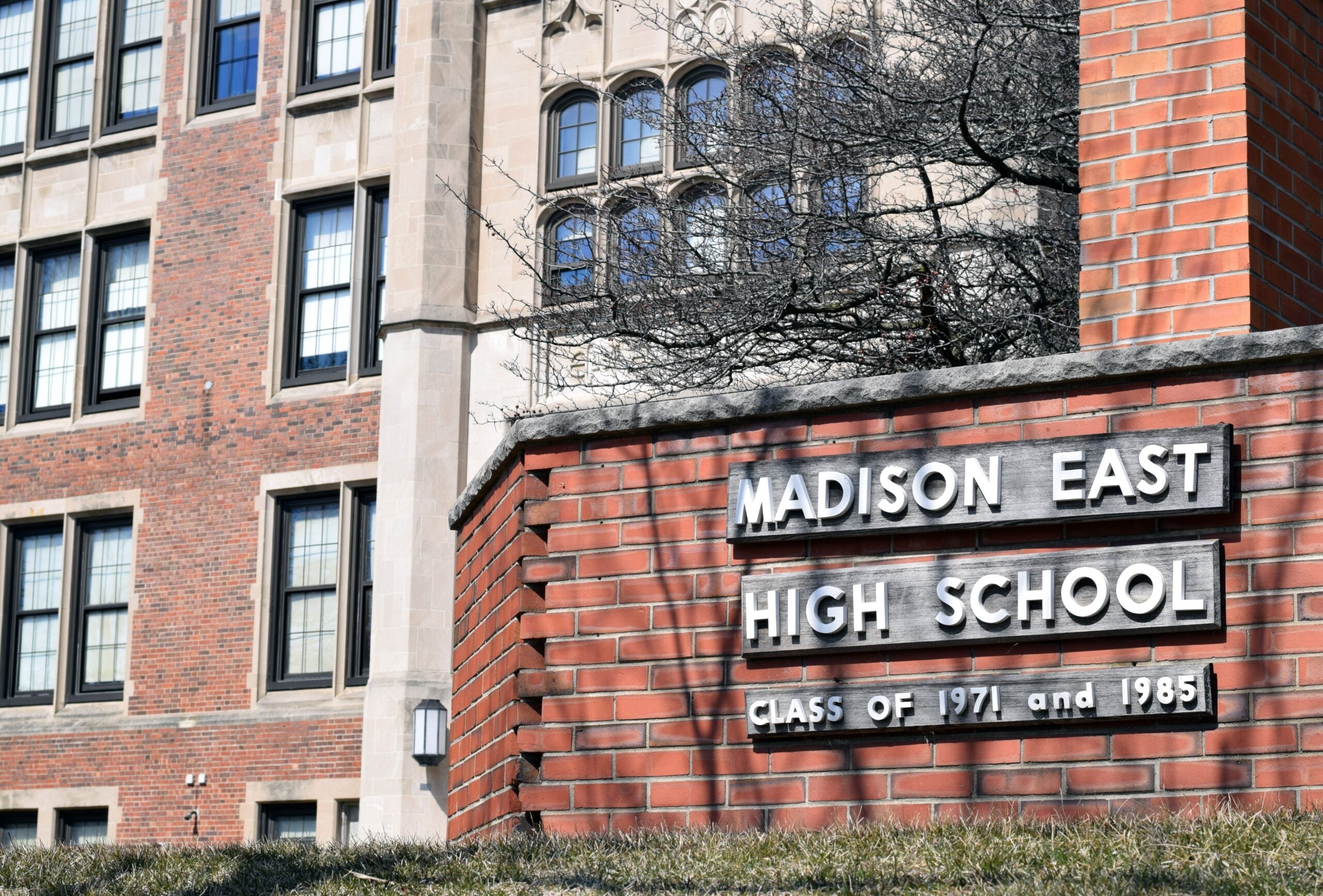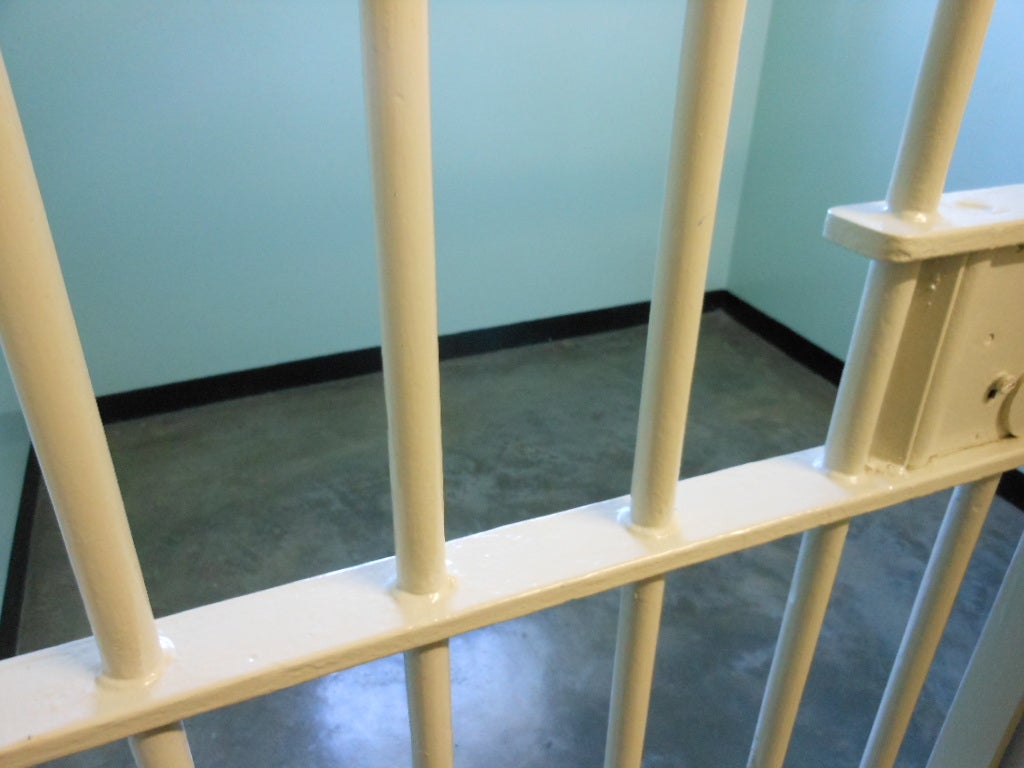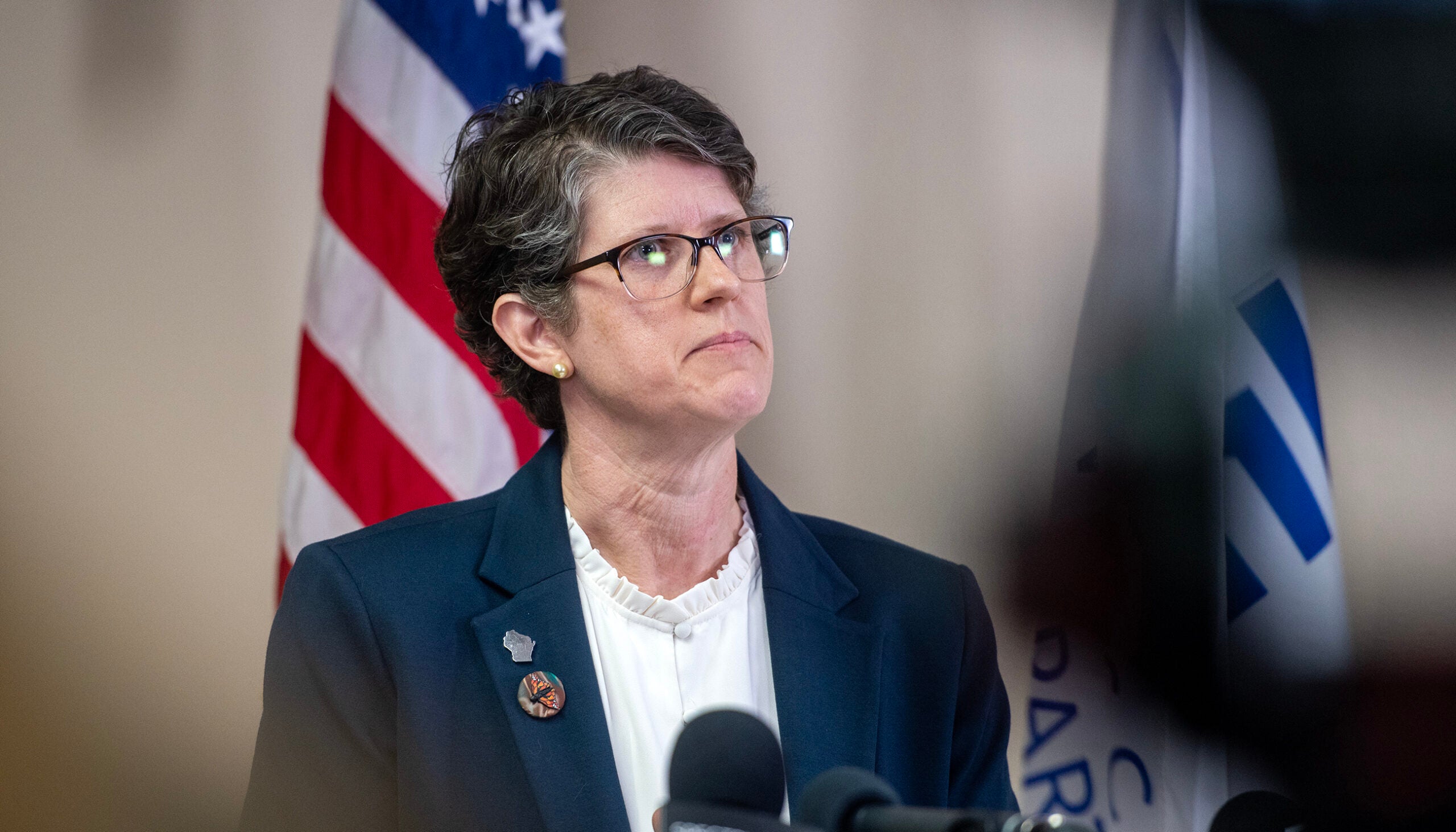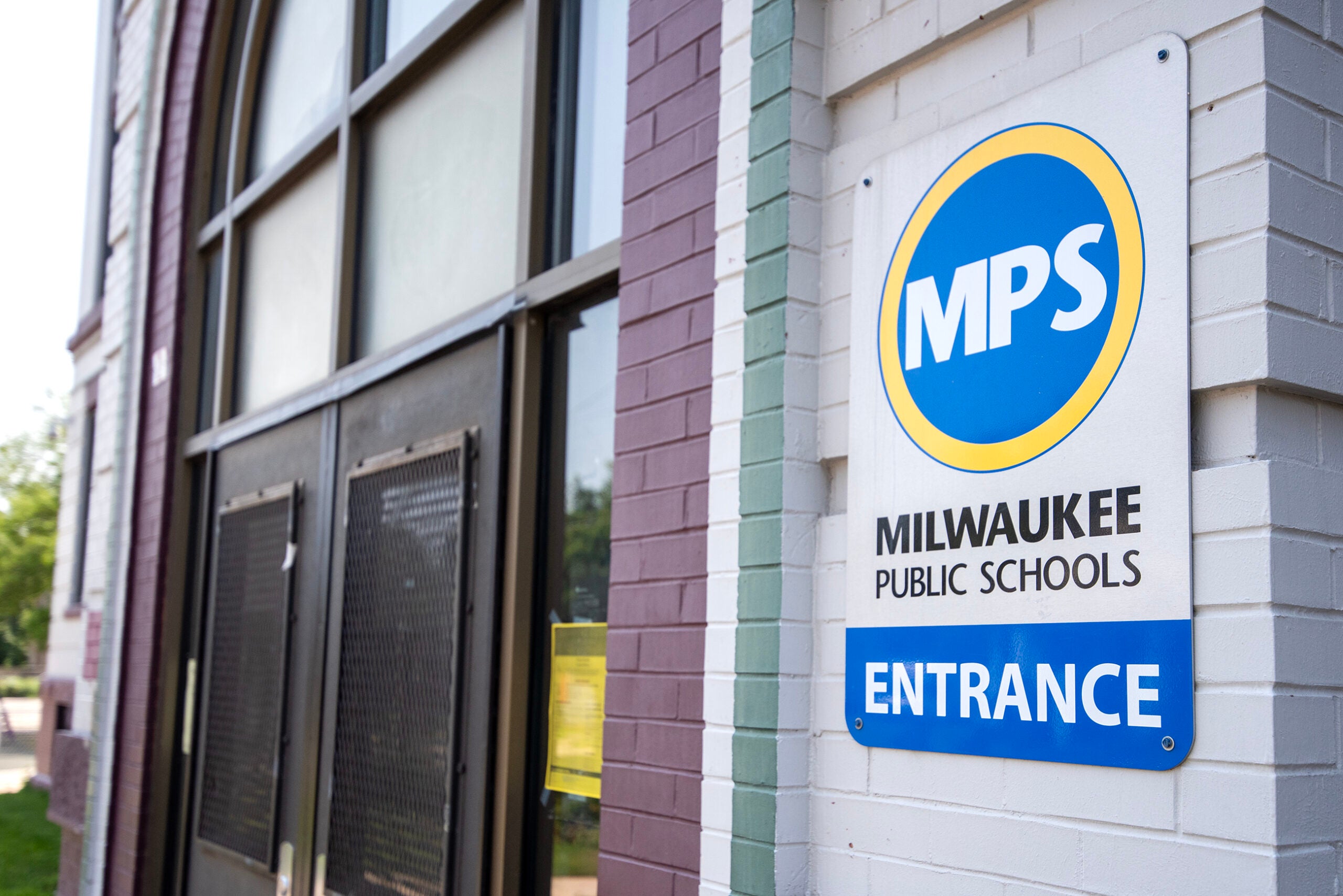Rape Crisis Center officials say the Madison Metropolitan School District must do more to combat sexual violence in its schools following an alleged sexual assault in a Madison East High School bathroom last week.
Two 15-year-old male students are accused of raping a 15-year-old female student in the bathroom after school last Wednesday. The female student reported the incident to a school resource officer and the two male students were later arrested by Madison police on tentative charges of second-degree sexual assault of a child.
The suspects now face charges in juvenile court of second-degree sexual assault, which is a felony, and fourth-degree sexual assault, which is a misdemeanor. One of the suspects is charged with kidnapping and the other is charged with being party to a crime of kidnapping, according to the Wisconsin State Journal.
News with a little more humanity
WPR’s “Wisconsin Today” newsletter keeps you connected to the state you love without feeling overwhelmed. No paywall. No agenda. No corporate filter.
Sexual violence has “no place” at Madison schools, district spokeswoman Rachel Strauch-Nelson said in a statement. She also said the district will partner with the Rape Crisis Center on education for staff and students about rape culture, sexual assault and consent.
“We will continue to work with advocates and student leaders to ensure these topics are part of their learning and that our schools are safe for all,” Strauch-Nelson said in the statement.
A statement from the Rape Crisis Center noted that Erin Thornley-Parisi, the organization’s executive director, spoke to Jennifer Cheatham, school district’s superintendent.
Missy Mael, the Rape Crisis Center’s director of education, outreach and programming, said that the partnership should be robust and that the district’s commitment should be firm. Responding to the district’s reference to a partnership, Mael said: “What I would like it to mean is a more fulsome curriculum when it comes to sexual and reproductive health that includes talking about consent at a much earlier age.”
Mael and her colleague, Heather Chun, who is the prevention and education specialist at the Rape Crisis Center, plan to visit East High on Friday to provide a space for students to process the past week’s events. Chun runs a Gender Equity Club at the school and she said its student members have initiated discussion and brainstormed potential action among themselves in response.
Currently, the Rape Crisis Center works with Madison schools on an individual basis, conducting outreach with students and teachers. Mael said the center doesn’t have a formal relationship with Madison schools at the district level.
“What might be really helpful, as a district, is to make a commitment of maybe requiring schools to work with not just Rape Crisis Center, but Domestic Abuse Intervention Services and any other community agency that can serve students who are experiencing violence,” said Mael.
Mael said Madison schools should also dedicate more time to educating students about sexual violence and consent, and that these programs should more actively engage students.
She said that under current arrangements, Rape Crisis Center staff typically meet with students during a single class period. They have to pack a lesson on rape culture, sexual assault and consent into a 45- to 90-minute class period, leaving little time for discussion.
“Kids aren’t learning as much when they’re just sitting and listening to a speaker,” Mael said. “They need to be able to interact with the information and synthesize it.”
District’s Initial Response Was Subject Of A Backlash
The district’s initial response to the alleged assault ignited criticism, prompting officials to apologize.
In an interview with WISC-TV, Joe Balles, the district’s safety and security coordinator, said: “Our buildings are full of kids and kids will be kids. As terrible and tragic as that incident sounds, I would just ask that people just be patient. Our schools are very safe, but there are incidents that are going to happen from time to time.”
Criticism to Balles’ remarks came swiftly. The Rape Crisis Center issued a statement condemning Balles’ comments, which it said “perpetuate a culture that facilitates violence, particularly sexual violence, in our communities.”
“It is never acceptable to minimize any form of sexual assault,” the center’s statement continued.
District officials apologized.
East High School principal Mike Hernandez apologized for Balles’ words, saying in a statement: “There is no excuse for this type of behavior and we will do everything that we can do provide it.”
Strauch-Nelson’s statement said that there is “no place” at Madison schools for “comments that minimize sexual assault.”
Balles himself later apologized for what he called “extremely poor word choice.” In a statement, he said his words represent neither his nor the district views, and that: “I was speaking about students being present in our buildings in general after school and how we ensure our buildings are secure at that time. Still, I should have not made those comments in a story on this topic. It is never OK to rationalize, minimize or excuse sexual assault, and there is no excuse for my words, which did not recognize the profoundly deep impact that sexual violence has. It is my job to ensure schools are physically, mentally and emotionally safe spaces for all. I recognize the deep impact that my words had, and I will do better for our students.”
Mael said that while she’s grateful for his apology, his words had already caused damage.
“That is exactly what we’re talking about when we talk about rape culture,” she said, explaining that rape culture doesn’t necessarily reflect an individual’s conscious views, but rather a societal perspective. “It is an environment where we permit behaviors and actions and words that facilitate sexual violence.”
Wisconsin Public Radio, © Copyright 2025, Board of Regents of the University of Wisconsin System and Wisconsin Educational Communications Board.







